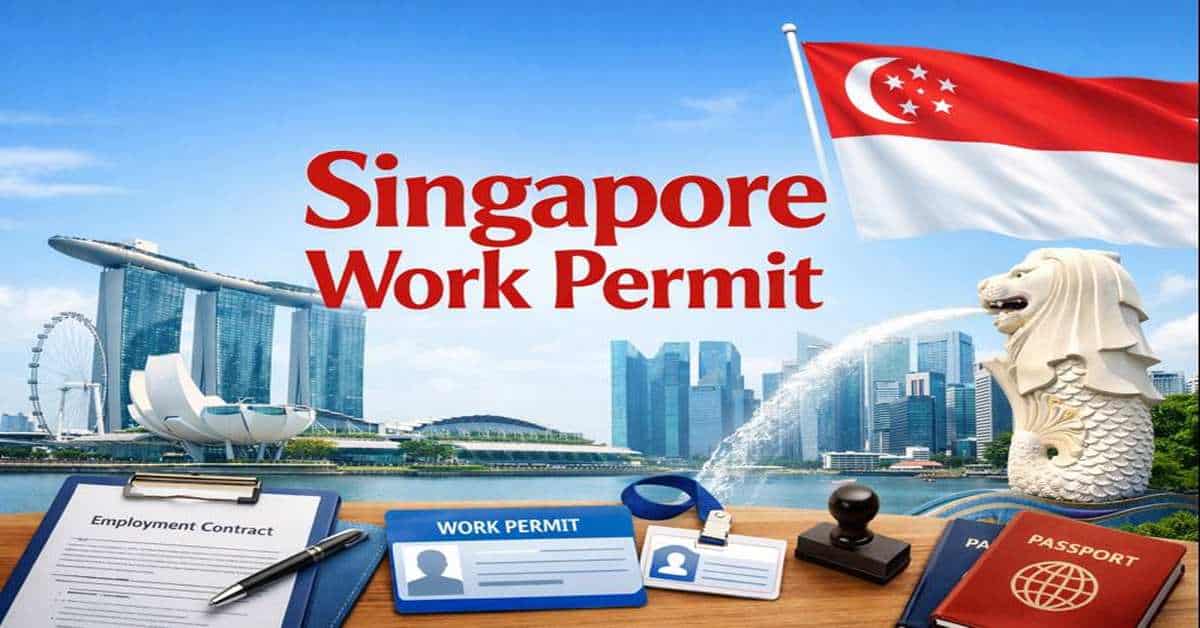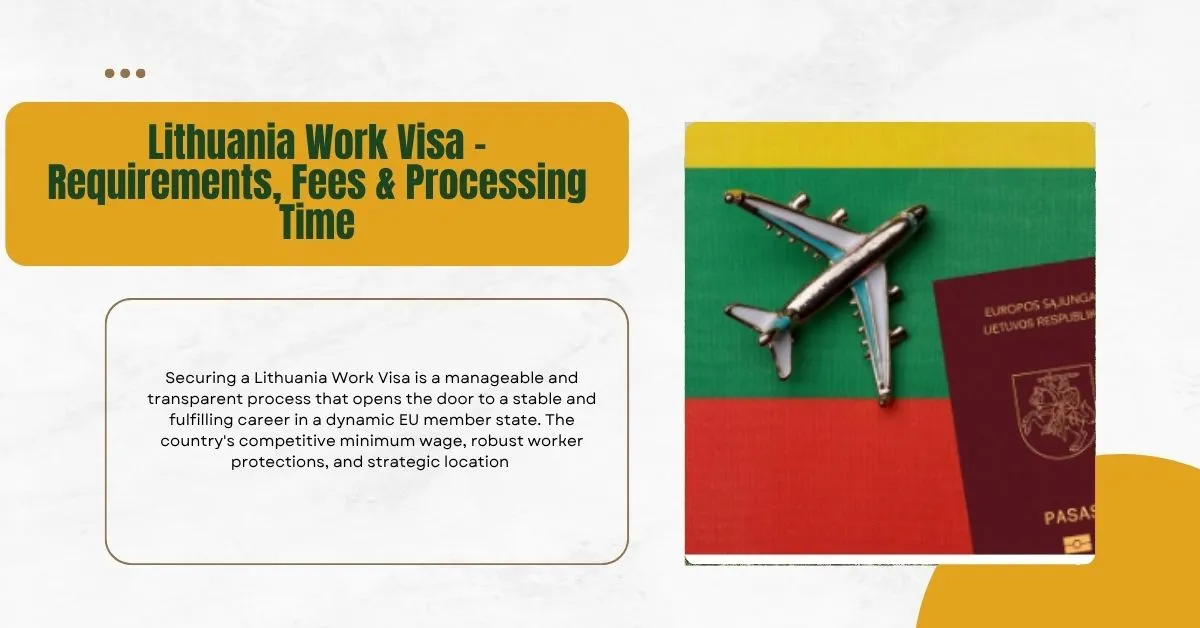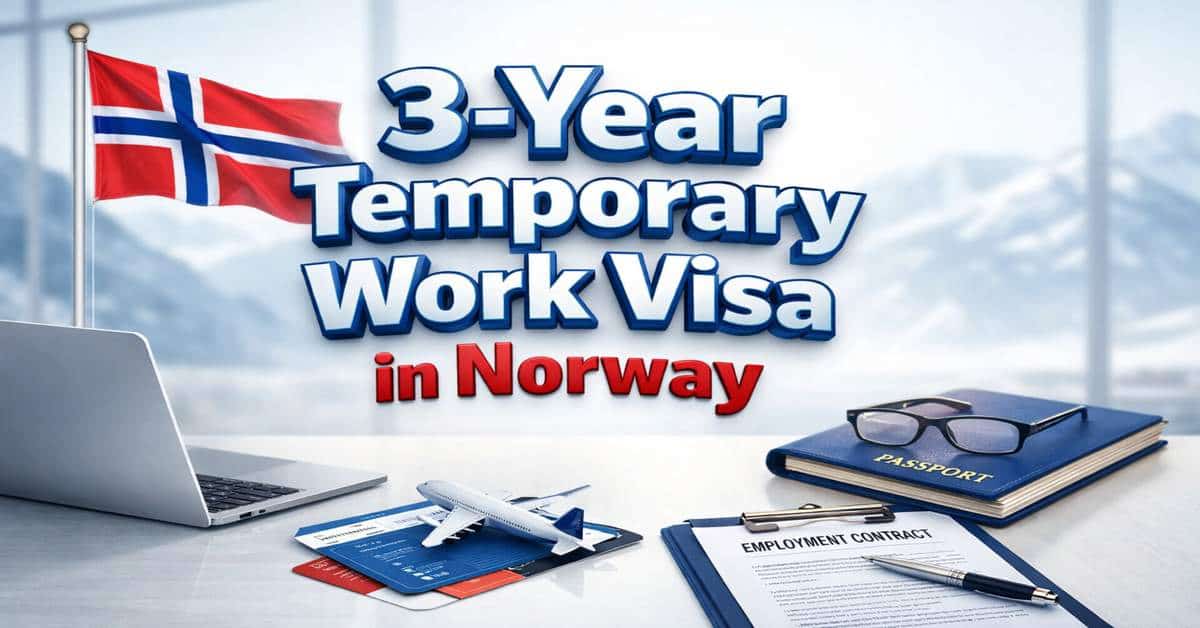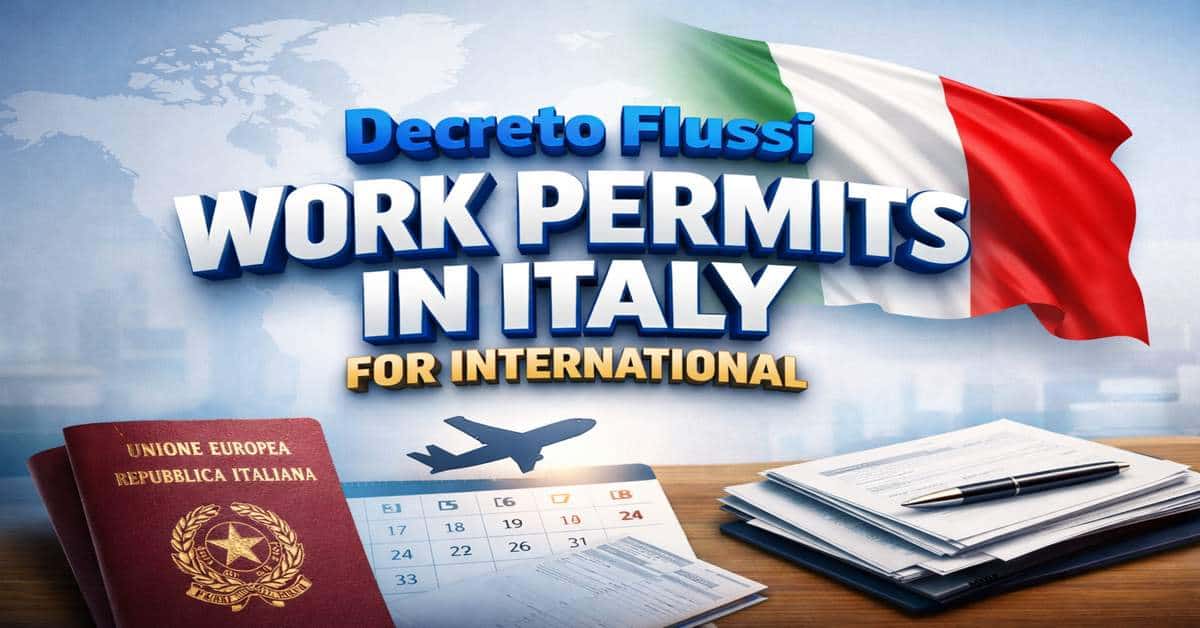Singapore Work Permit 2026 – New Rules & How to Apply

Securing the right to work in one of the world’s most dynamic economic hubs has always been a coveted opportunity for global professionals. With the announcement of the Singapore Work Permit 2026 updates, the path forward requires a clear and informed strategy. These changes, while introducing stricter compliance, are designed to foster a fairer and more transparent employment landscape.
For dedicated workers and responsible employers, this evolution signals a commitment to high standards and worker welfare. Understanding these new rules is not just about compliance; it’s about confidently stepping into a role that values your contribution and ensures your rights are protected in a competitive market.
Key Changes in Work Permit Rules:
The 2026 updates focus on stricter compliance and enhanced worker protection. Major changes include:
- Tighter Eligibility & Scrutiny: Enhanced checks on applicant qualifications, financial background, and previous work history.
- Revised Sectoral Quotas and Levies: Adjustments to the Dependency Ratio Ceiling (DRC) and levy rates in sectors like construction, manufacturing, and services to manage foreign workforce distribution.
- Enhanced Employer Obligations: Stricter requirements for providing adequate housing, medical insurance, and timely salary payments.
- Stronger Penalties for Non-Compliance: Increased fines and potential suspension of work pass privileges for employers who violate regulations.
Eligibility Criteria for Applicants:
To qualify for a Singapore Work Permit in 2026, applicants must generally meet the following criteria:
- Age: Must be at least 18 years old (and not more than 50 for new applicants in certain sectors).
- Nationality: Must be from an approved source country.
- Health: Must pass a mandatory medical examination by an MOM-approved doctor.
- Skills & Experience: For certain roles, relevant skills certifications or proven work experience are required.
- Employer’s Quota: The hiring company must have a valid quota under the DRC to hire a foreign worker.
Check Also: Work In Singapore For International Professionals
Application Process of Singapore Work Permit:
The application is primarily employer-driven and must be completed online.
- Employer Application:
- The employer submits the application through the MOM’s online WorkPass Portal.
- Required documents include the worker’s biodata page, a signed employment contract, educational certificates, and the worker’s declaration.
- Application Assessment:
- MOM processes the application, which typically takes 1 to 3 weeks.
- Additional information or documents may be requested.
- Issuance of In-Principle Approval (IPA):
- Once approved, an IPA letter is issued. This allows the worker to travel to Singapore.
- Registration & Card Issuance:
- Upon arrival, the worker must undergo fingerprinting and a photo capture at MOM’s designated registration centre to receive the physical Work Permit card.
- Employer’s Final Responsibilities:
- The employer must pay the associated fees, secure a security bond, and maintain valid medical insurance for the worker.
Impact on Employers and Workers:
- For Employers:
- Increased Compliance Burden: Need for more diligent record-keeping and adherence to housing and welfare standards.
- Financial Impact: Potentially higher levies and operational costs, especially for small and medium-sized enterprises (SMEs).
- Strategic Hiring: Requires more strategic workforce planning to work within sector-specific quotas.
- For Foreign Workers:
- Enhanced Protection: Clearer guidelines on working conditions, rest days, and dispute resolution reduce the risk of exploitation.
- Stricter Entry: Higher entry barriers ensure a more qualified and stable workforce.
- Improved Welfare: Mandated standards for accommodation and medical coverage lead to better overall well-being.
Conclusion:
The Singapore Work Permit 2026 updates represent a significant shift towards a more regulated and equitable foreign workforce ecosystem. While these changes demand greater diligence from both employers and employees, they ultimately aim to create a sustainable and high-quality working environment in Singapore.
For foreign workers, this means stronger protections and clearer guidelines. For employers, it underscores the importance of compliance and ethical hiring practices. By thoroughly understanding the new eligibility requirements, application process, and compliance responsibilities outlined in this guide, you can navigate these changes successfully. Proactive preparation and adherence to the rules are your greatest assets in securing and maintaining your work permit in Singapore for 2026 and beyond.
Frequently Asked Questions:
What is the minimum age for a Singapore work permit
Applicants must be at least 18 years old to be eligible for a work permit in most sectors.
How long does it take to process a work permit application?
Processing times can vary by sector, but it typically takes between 1 to 3 weeks for an application to be processed by the Ministry of Manpower (MOM).



